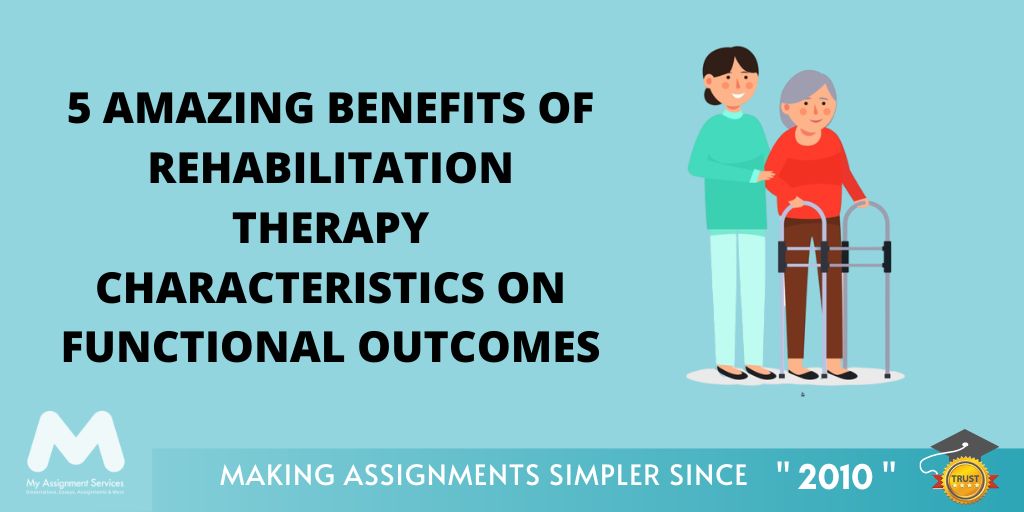Facts About Narconon Africa Revealed
Facts About Narconon Africa Revealed
Blog Article
What Does Narconon Africa Do?
Table of ContentsThe Best Strategy To Use For Narconon AfricaNarconon Africa Fundamentals ExplainedSome Known Details About Narconon Africa Getting My Narconon Africa To WorkThe Best Strategy To Use For Narconon AfricaUnknown Facts About Narconon AfricaGetting The Narconon Africa To Work
In a collection of documents with Manudeep Bhuller and Katrine V. Lken, we conquer these data difficulties and the nonrandomness of jail time, using brand-new understandings into exactly how imprisonment influences recidivism, work, kids, and criminal networks - Effective addiction treatment. Figure 1 Our work research studies the results of imprisonment in Norway, a setup with two key advantagesWe can even more link this details to other member of the family, including kids and siblings. Additionally, we have info on co-offending that enables us to draw up criminal networks for observed crimes. Second, we can take advantage of the arbitrary job of criminal situations to courts that differ in their propensities to send defendants to jail.
Some courts send out defendants to jail at a high price, while others are more forgiving. We determine a court's stringency as the average imprisonment rate for all various other situations a judge takes care of, after managing for court and year set impacts, which is the level of arbitrary task. This quasi-random project of judge stringency can be used as a tool for incarceration, as it highly anticipates the judge's decision in the current situation, however is uncorrelated with other case characteristics both by layout and empirically.
Excitement About Narconon Africa
Characteristics of prisoners, including demographics and criminal activity groups, are extensively comparable in Norway and various other countries, including the United States, with the exceptions that the US homicide rate is much higher, and race plays a larger function there also. What sticks out as different, especially contrasted with the USA, is the jail system.
Figure 2In Norway, the average time invested in jail is a little over 6 months, which is comparable to most various other Western European countries. This contrasts with average United States jail time of virtually 3 years, which remains in large part the reason the United States is an outlier in its incarceration price compared with the rest of the world [Number 1]
The 8-Second Trick For Narconon Africa
This gives much more splitting up between minor and hardened offenders than exists in the USA. There is no congestion in Norwegian prisons and much better personal safety and security, with each detainee being designated to their own cell and a greater inmate-to-staff proportion than in the USA (https://narcononza12.edublogs.org/2024/06/05/hello-world/). Prisons in Norway likewise supply well-funded education and learning, medication treatment, psychological health and wellness, and job training programs
Our study on the impacts of imprisonment on the culprit, utilizing the random assignment of courts as an instrument, yields 3 crucial searchings for. First, imprisonment discourages further criminal habits. We find that imprisonment decreases the possibility that a person will reoffend within 5 years by 27 percentage factors and minimizes the corresponding number of criminal fees per person by 10 fees.
All About Narconon Africa
We find substantial reductions in reoffending possibilities and collective charged criminal offenses even after accuseds are released from jail. Our second outcome is that prejudice due to option on unobservable individual qualities, if overlooked, leads to the incorrect verdict that time invested in jail is criminogenic. If we just contrast criminal defendants sentenced versus those not sent out to jail, we find positive organizations in between incarceration and subsequent criminal activity.
This stands in contrast to our analysis based on the random job of courts, which finds an opposite-signed result. Third, the decrease in crime is driven by individuals that were not functioning before imprisonment. Among these individuals, imprisonment raises engagement in programs routed at boosting employability and reducing recidivism, and this inevitably increases work and earnings while preventing criminal actions.

Imprisonment causes a 34 percentage factor boost in engagement in job training programs for the formerly nonemployed, and within five years their work price boosts by 40 percentage points. At the same time, the possibility of reoffending within 5 years is cut by 46 percent points, and there is a decline of 22 in the average variety of criminal costs.
Narconon Africa - Truths

A possible description for the difference is that Norway's jail system differs significantly, both in regards to prison-term length and prison problems, from the United States jail system. While recognizing the effects of incarceration on the offender is a vital initial step, capturing spillover impacts is likewise vital for examining criminal justice policy and creating efficient jail systems.
Facts About Narconon Africa Revealed

Ordinary the very least squares estimates reveal that children of incarcerated fathers are 1 percentage point more probable to be charged with a crime, about a mean of 13 percent, and reveal no impact on institution grades. Utilizing our court stringency instrument, we locate no statistical proof that a dad's incarceration influences a youngster's very own criminal activity or institution grades, yet we are not able to rule out modest-sized impacts.
Examine This Report on Narconon Africa
We specify criminal teams based on network links to previous criminal cases. When a criminal network participant is put behind bars, their peers' possibility of being charged with a future criminal activity reduces by 51 percent factors over the next four years - https://www.openlearning.com/u/elmahernandez-sek9ed/.
Report this page